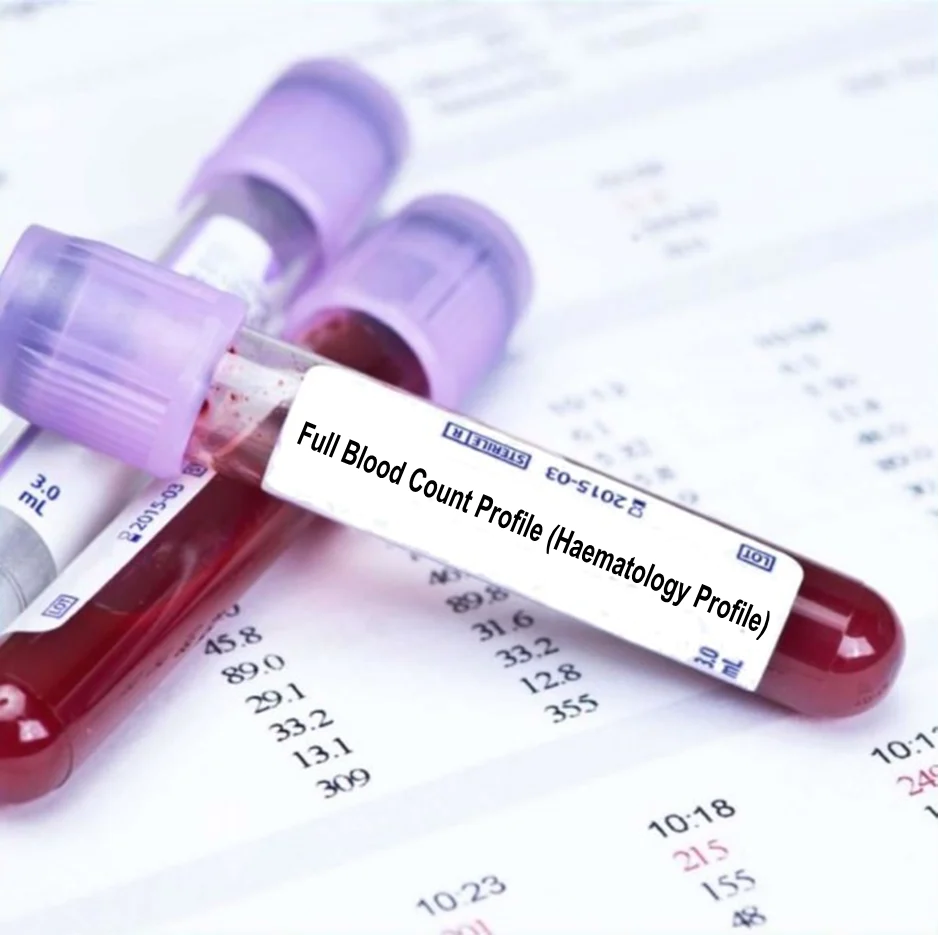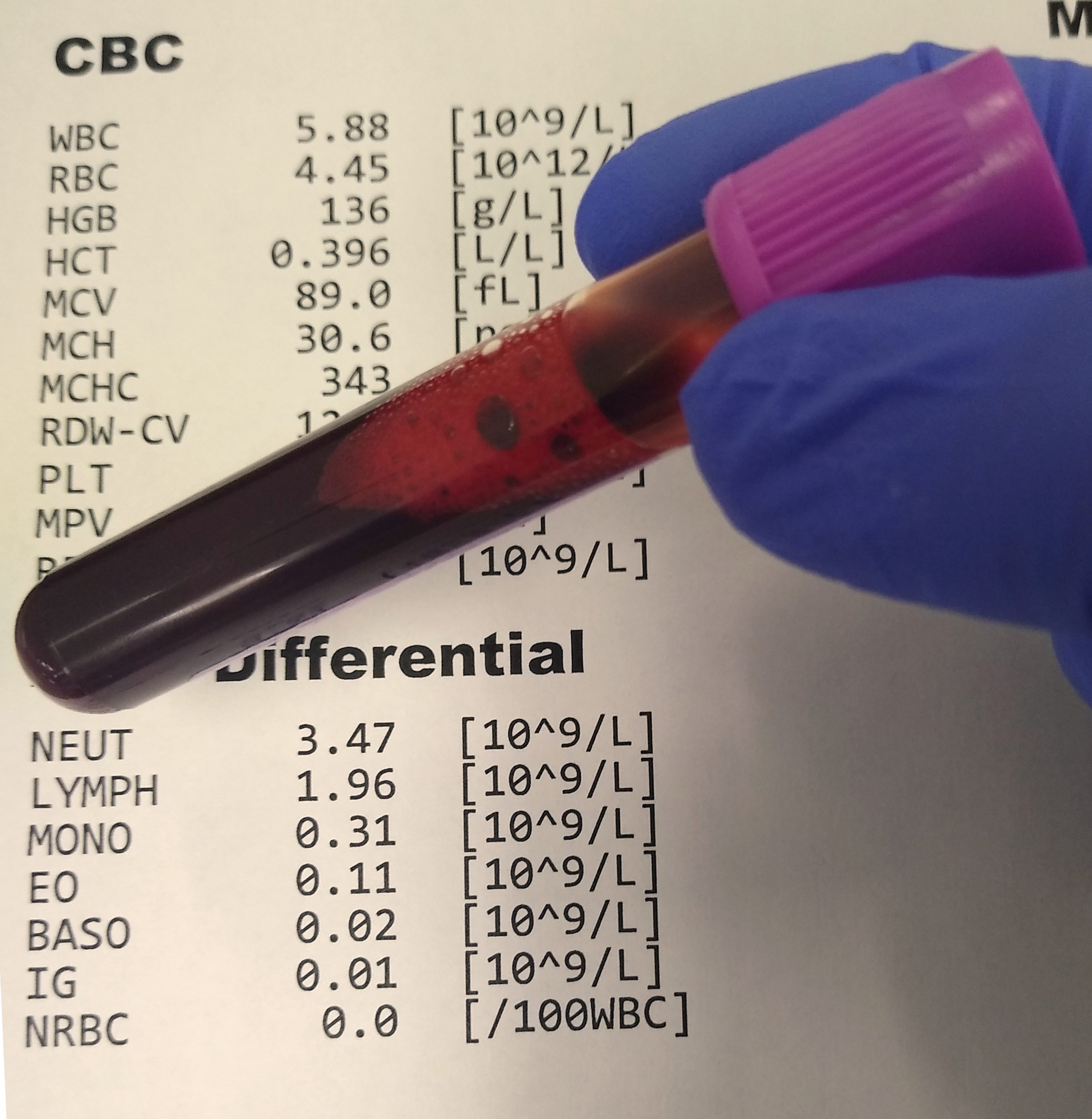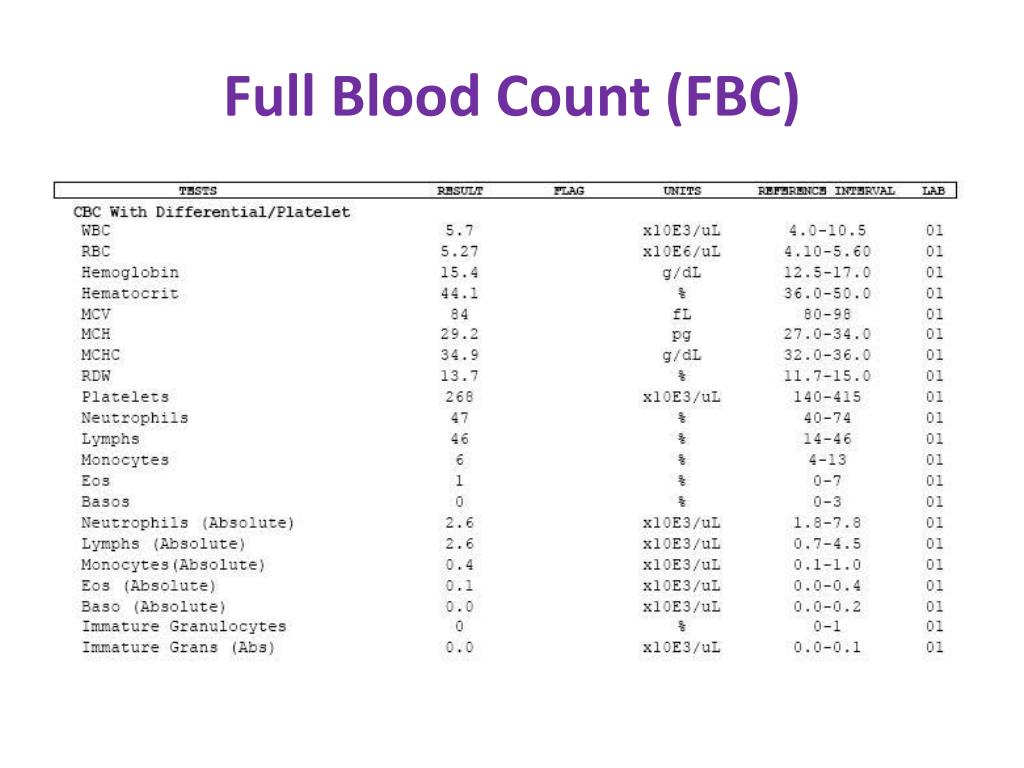
Key facts
- A full blood count (FBC) is a common blood test that can provide information about a range of conditions.
- A full blood count looks at the different cells in your blood, including red blood cells, white blood cells and platelets.
- There are many conditions and medicines that can affect your FBC results.
- It’s important to discuss your test results with your doctor.
What is a full blood count blood test?
A full blood count (FBC) is a very common blood test. It’s also sometimes called a complete blood count (CBC) or full blood examination (FBE).
A full blood count can provide information about a range of conditions.
What is being tested in a full blood count?
A full blood count test looks at the number, types and sizes of different cells in your blood, including:
- red blood cells, which carry oxygen around your body
- white blood cells, which fight infection
- platelets, which help blood to clot
Red blood cells
A FBC also measures haemoglobin, the protein that carries oxygen around your body. Haemoglobin (Hb) is found in red blood cells.
Other measurements on red blood cells include:
- haematocrit
- mean cell volume (MCV)
- mean cell haemoglobin (MCH)
- mean cell haemoglobin concentration (MCHC)
These measurements give more information about your red blood cells. They can help your doctor diagnose and understand the cause of conditions such as anaemia.
White blood cells
The number of white blood cells may be reported as part of the FBC. There are many different types of white blood cells. These are:
- neutrophils
- lymphocytes
- monocytes
- eosinophils
- basophils
Knowing the numbers of different types of white blood cells can help with diagnosing conditions and working out the cause of infections.
Why would I need a full blood count?
A full blood count is a very common test. It can be used to screen for, diagnose, and monitor a variety of conditions. It can also be used as part of routine medical testing.
Full blood count testing can be used to look for:
- infections
- anaemia
- causes of tiredness or weakness
- bleeding or clotting problems
- exposure to toxic substances
- response to certain treatments
- vitamin or mineral deficiencies
How to prepare for this test
No preparation is needed for this test.
Understanding your results
It’s important to discuss your test results with your doctor.
There are a wide range of conditions and medicines that can affect your full blood count. Your doctor can interpret your results and explain what they mean for you.






